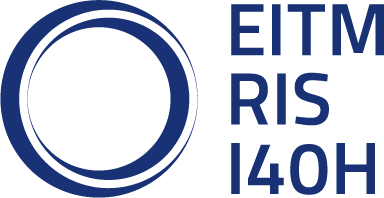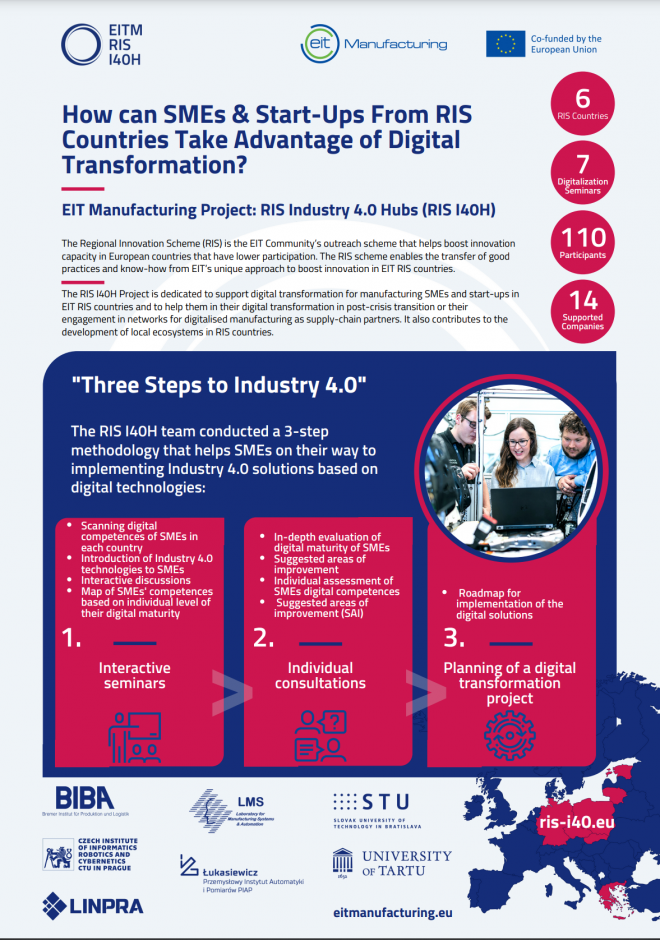-
Faculty of Arts and HumanitiesJakobi 2, r 116-121 51005 Tartu linn, Tartu linn, Tartumaa ESTJakobi 2 51005 Tartu linn, Tartu linn, Tartumaa ESTJakobi 2, IV korrus 51005 Tartu linn, Tartu linn, Tartumaa ESTJakobi 2, III korrus, ruumid 302-337 51005 Tartu linn, Tartu linn, Tartumaa ESTÜlikooli 16 51003 Tartu linn, Tartu linn, Tartumaa ESTLossi 3 51003 Tartu linn, Tartu linn, Tartumaa ESTÜlikooli 18 50090 Tartu linn, Tartu linn, Tartumaa ESTPosti 1 71004 Viljandi linn, Viljandimaa ESTJakobi 2 51005 Tartu linn, Tartu linn, Tartumaa ESTJakobi 2 51005 Tartu linn, Tartu linn, Tartumaa ESTFaculty of Social SciencesLossi 36 51003 Tartu linn, Tartu linn, Tartumaa ESTJakobi 5 51005 Tartu linn, Tartu linn, Tartumaa ESTLossi 36, ruum 301 51003 Tartu linn, Tartu linn, Tartumaa ESTNarva mnt 18 51009 Tartu linn, Tartu linn, Tartumaa ESTNäituse 2 50409 Tartu linn, Tartu linn, Tartumaa ESTNäituse 20 - 324 50409 Tartu linn, Tartu linn, Tartumaa ESTLossi 36 51003 Tartu linn, Tartu linn, Tartumaa ESTRaekoja plats 2 20307 Narva linn, Ida-Virumaa ESTRingi 35 80012 Pärnu linn, Pärnu linn, Pärnumaa ESTLossi 36 51003 Tartu linn, Tartu linn, Tartumaa ESTLossi 36 51003 Tartu linn, Tartu linn, Tartumaa ESTFaculty of MedicineRavila 19 50411 Tartu linn, Tartu linn, Tartumaa ESTBiomeedikum, Ravila 19 50411 Tartu linn, Tartu linn, Tartumaa ESTNooruse 1 50411 Tartu linn, Tartu linn, Tartumaa ESTL. Puusepa 1a 50406 Tartu linn, Tartu linn, Tartumaa ESTL. Puusepa 8 50406 Tartu linn, Tartu linn, Tartumaa ESTRavila 19 50411 Tartu linn, Tartu linn, Tartumaa ESTUjula 4 51008 Tartu linn, Tartu linn, Tartumaa ESTRavila 50411 Tartu linn, Tartu linn, Tartumaa ESTRavila 19 50411 Tartu linn, Tartu linn, Tartumaa ESTFaculty of Science and TechnologyVanemuise 46 - 208 51003 Tartu linn, Tartu linn, Tartumaa ESTNarva mnt 18 51009 Tartu linn, Tartu linn, Tartumaa ESTRiia 23b/2 51010 Tartu linn, Tartu linn, Tartumaa ESTRavila 14a 50411 Tartu linn, Tartu linn, Tartumaa ESTNarva mnt 18 51009 Tartu linn, Tartu linn, Tartumaa ESTRiia 23, 23b - 134 51010 Tartu linn, Tartu linn, Tartumaa ESTObservatooriumi 1 61602 Tõravere alevik, Nõo vald, Tartumaa ESTNooruse 1 50411 Tartu linn, Tartu linn, Tartumaa ESTJ. Liivi tn 2 50409 Tartu linn, Tartu linn, Tartumaa ESTVanemuise 46 51003 Tartu linn, Tartu linn, Tartumaa ESTVanemuise 46 51003 Tartu linn, Tartu linn, Tartumaa ESTArea of Academic SecretaryLossi 3 51003 Tartu linn, Tartu linn, Tartumaa ESTUppsala 6, Lossi 36 51003 Tartu linn, Tartu linn, Tartumaa ESTArea of Head of FinanceÜlikooli 17 51005 Tartu linn, Tartu linn, Tartumaa ESTArea of Director of AdministrationÜlikooli 18A (III korrus) 51005 Tartu linn, Tartu linn, Tartumaa ESTÜlikooli 18, ruumid 102, 104, 209, 210 50090 Tartu linn, Tartu linn, Tartumaa ESTArea of Vice Rector for DevelopmentNarva mnt 18 51009 Tartu linn, Tartu linn, Tartumaa ESTVanemuise 46 51003 Tartu linn, Tartu linn, Tartumaa ESTLossi 25 51003 Tartu linn, Tartu linn, Tartumaa ESTArea of RectorArea of Vice Rector for Academic AffairsUppsala 10 51003 Tartu linn, Tartu linn, Tartumaa ESTÜlikooli 18b 51005 Tartu linn, Tartu linn, Tartumaa ESTArea of Vice Rector for ResearchW. Struve 1 50091 Tartu linn, Tartu linn, Tartumaa EST
How can SMEs & Start-Ups Advance in the Digital Transformation?

How can SMEs & Start-Ups Advance in the Digital Transformation? An EIT Manufacturing project that provided the assistance across six EU countries and its’ institutions, including the University of Tartu.
A consortium of institutions involved in the EIT Manufacturing “RIS Industry 4.0 Hubs” project has led an initiative in the form of specialized digitalization seminars and targeted grant support for European SMEs, to support them in digitizing their manufacturing and supply chains. The University of Tartu participated in the project in Estonia with the aim to help the development of local SME-s and startups. In six countries, more than a hundred companies took part in individualized seminars and 14 companies received direct support and consultations.
Within the EIT Manufacturing “RIS Industry 4.0 Hubs” (RIS I40H) project, the University of Tartu together with six other European countries implemented the so-called Regional Innovation Scheme (RIS) to boost innovation capacity and transfer of good practices in European countries that are considered “modest and moderate” innovators. The digitalization of production and management processes can significantly help small and medium-sized enterprises (SMEs) in coping with crisis periods, as well as prepare them for post-crisis transitions. SMEs are encouraged to take advantage of digitalised technologies and improve their digital skills and competencies.
For this purpose, a series of digitalization seminars organized in Czech Republic, Poland, Lithuania, Slovakia, Estonia, and Greece. The project also provided support to the industrial beneficiaries via an open call, in which companies could apply for mini-grants and get either digital consultations or digitalization plans.
“Within the 12-month RIS I40H project, coordinated by BIBA at Bremen University in Germany, our team conducted a 3-step methodology that helps SMEs on their way to implement Industry 4.0 solutions based on digital technologies,” said Karl Kruusamäe, associate professor of robotics engineering, Institute of Technology, University of Tartu.
In the first step, interactive seminars were organised with a proven structure and content that provided introduction of Industry 4.0 technologies to SMEs and served for scanning digital competences of SMEs. Seven seminars in six countries were held and they were attended by more than 100 participants. In the second step, individual consultations and in-depth evaluations of the digital maturity of companies’ operations were provided to navigate enterprises in priority areas for digitalization. The third step consisted of the creation of a concrete roadmap for individual companies, to guide the implementation of particular digitalization plan.
“In challenging times like nowadays, industrial companies tend to postpone the above-mentioned activities although they feel these are essential to digitalize their operations. Therefore, as a result of the open call financed by the EIT Manufacturing, we supported 14 SMEs with mini-grants,” said Karl Kruusamäe.
In Estonia, the activities focused on a wide range of Industry 4.0 topics, including the human and robot interactions, deploying robots in manufacturing or use of big data in manufacturing processes.
EIT Manufacturing is Europe’s leading manufacturing community, one of the newest (established in 2019) of eight innovation communities belonging to the European Institute of Innovation and Technology (EIT). The communities are public-private partnerships, partly financed by the European Union and partly financed by their partners, who include some of Europe’s leading enterprises and research organisations.

https://ris-i40.eu/
info [ät] ris-i40.eu

Read more similar news






